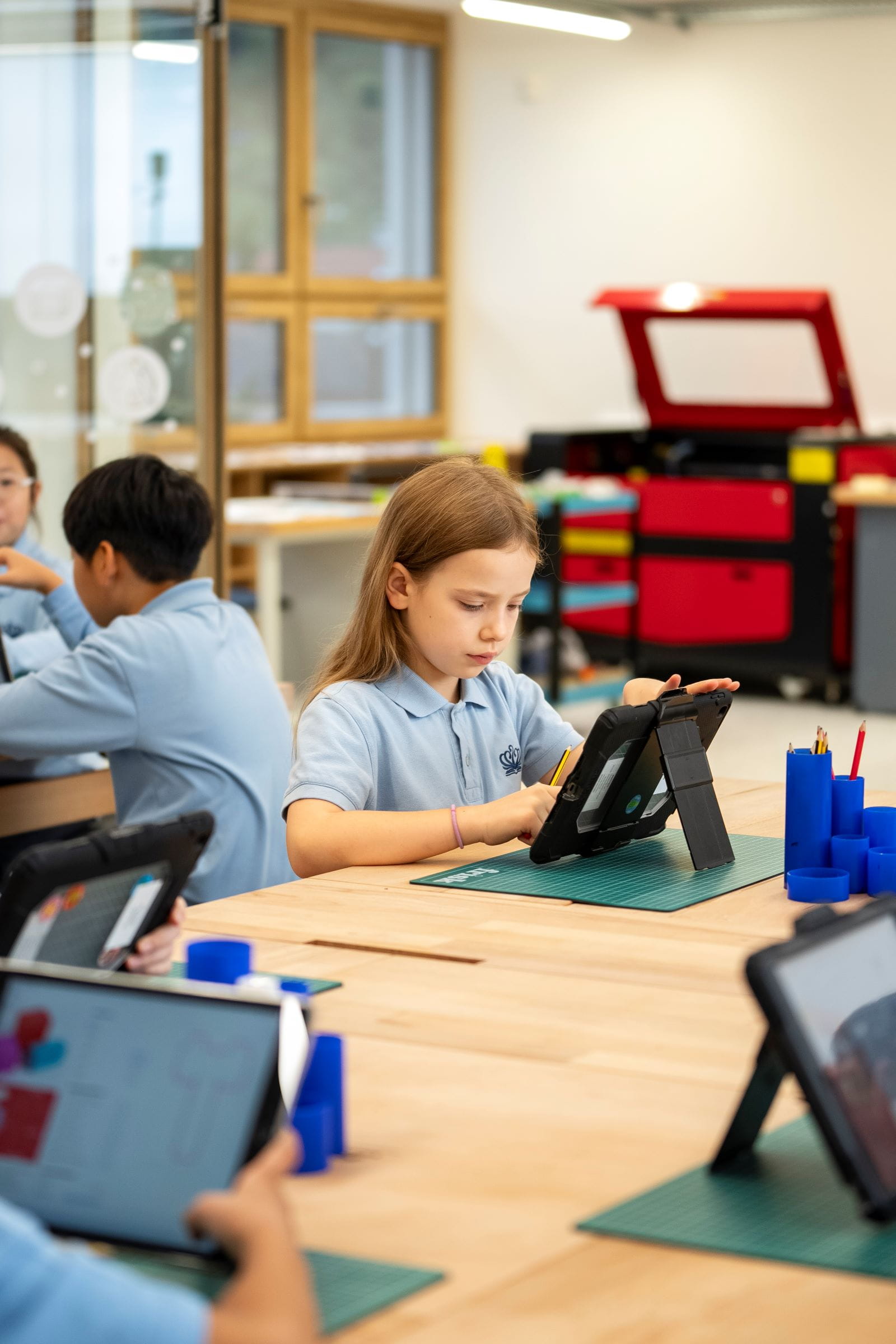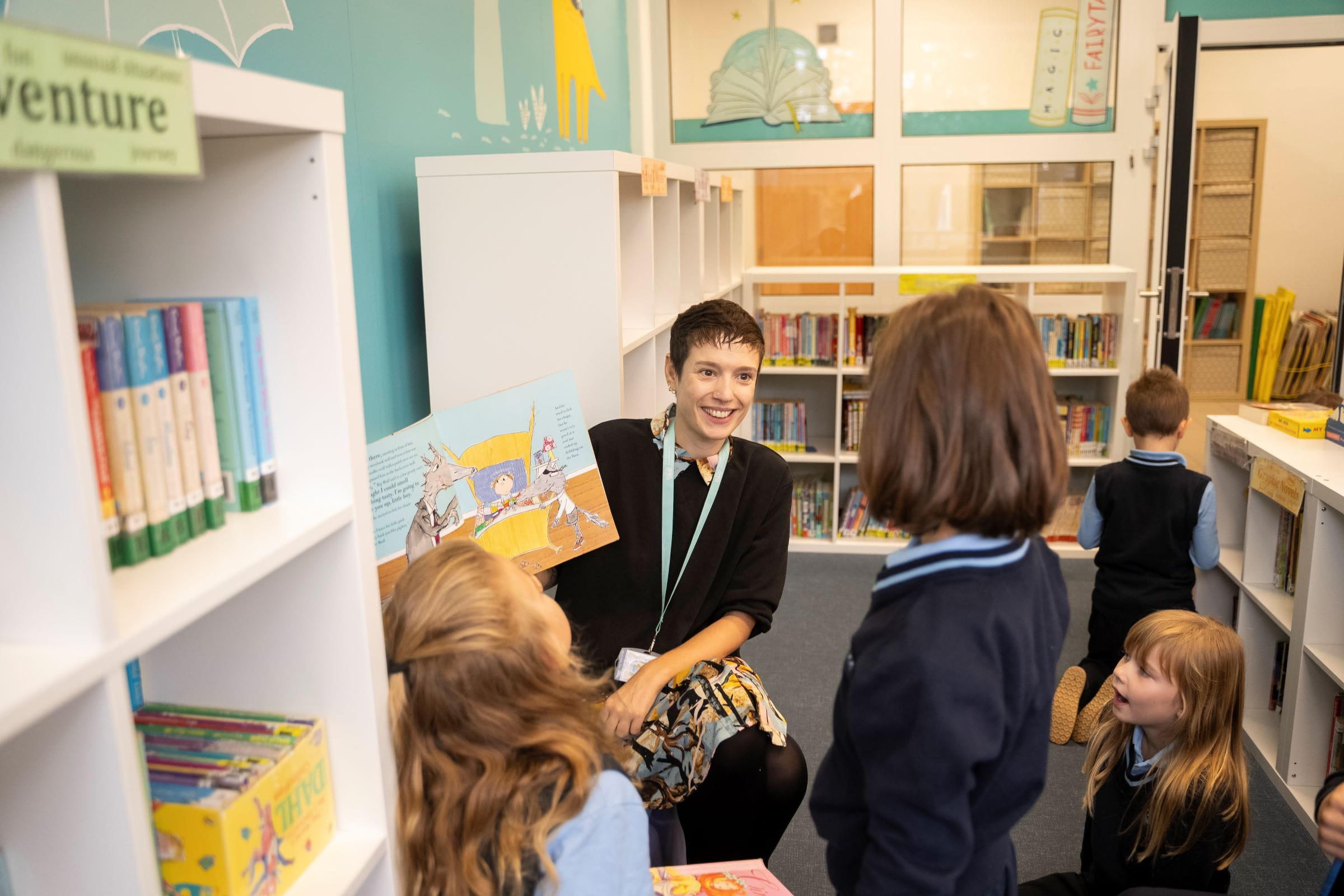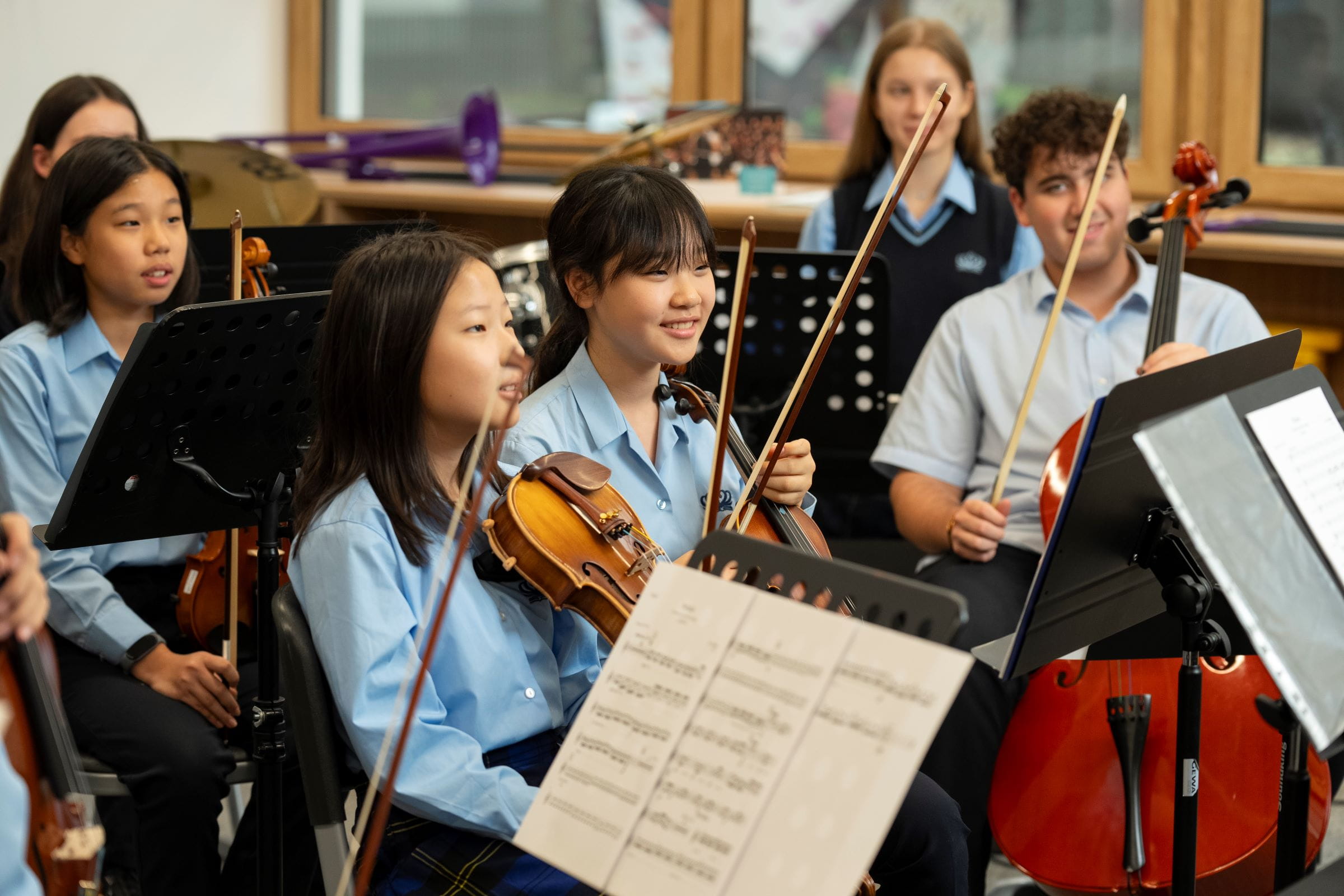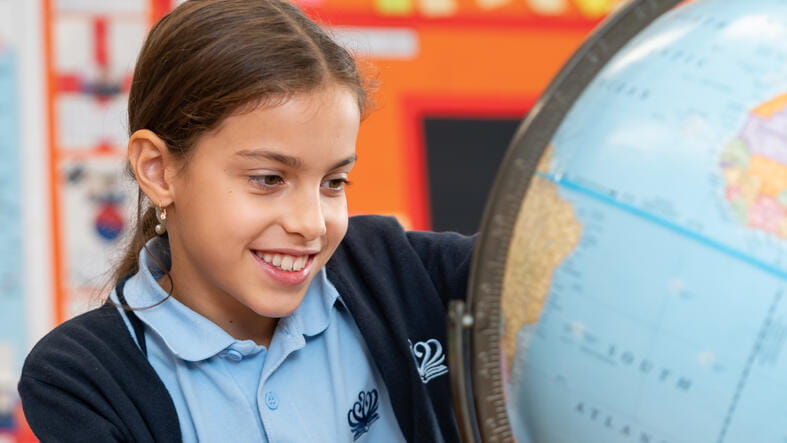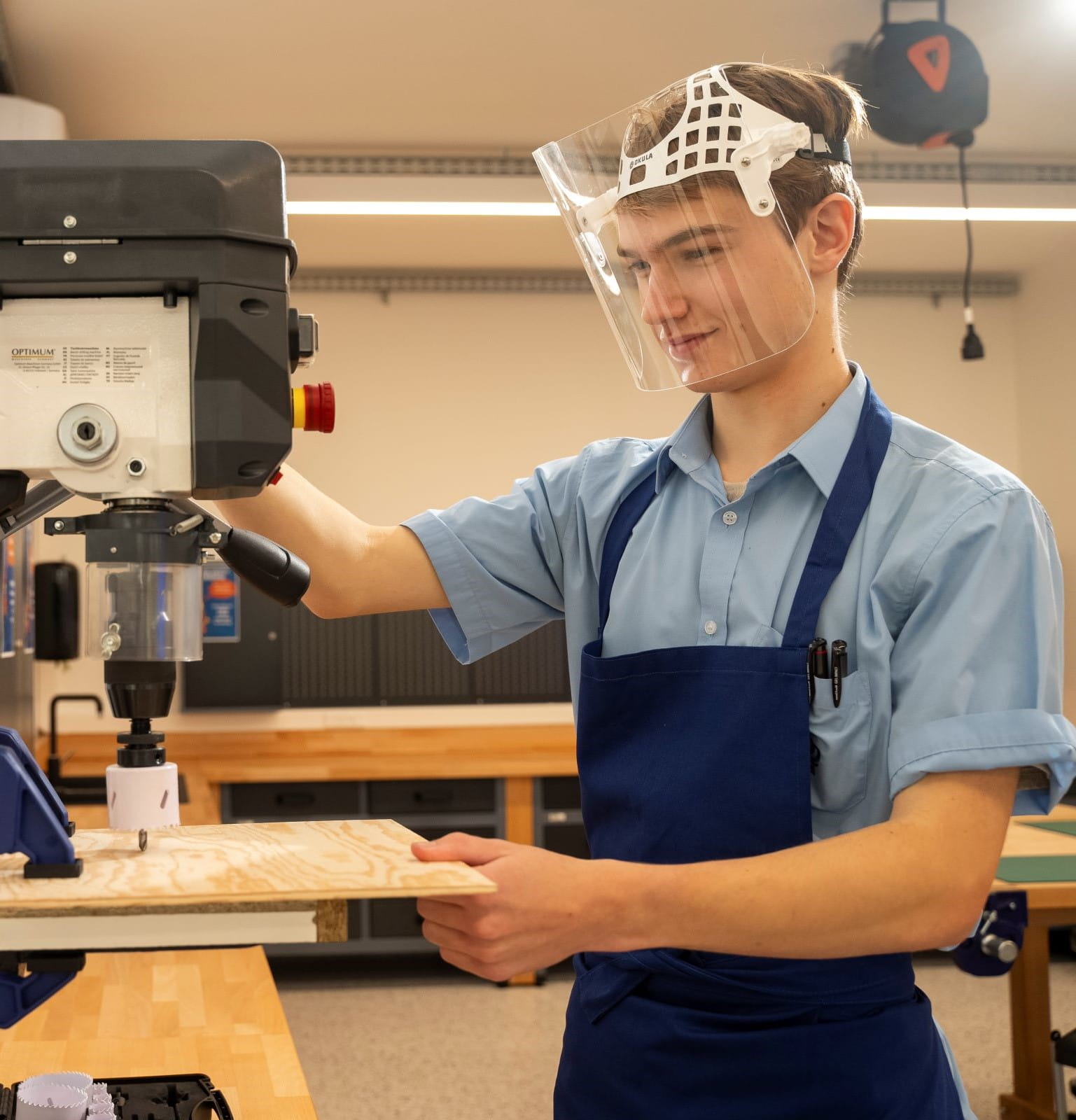At BISB, our students are encouraged to learn in new ways, be creative, and follow their passions. We work with the world’s best organisations to provide outstanding opportunities and experiences.
Our STEAM programme with MIT opens students’ eyes to the possibilities of science, technology, engineering, arts and maths, encouraging teamwork, resilience and communication. Our collaboration with The Juilliard School, the world-renowned performing arts conservatory, offers the highest quality artistic education, and sets our students up to be confident and creative performers.
Nord Anglia’s Global Campus learning platform connects our students with children in schools around the globe, broadening their educational experience. Learning together, students tackle global projects and challenges, and enjoy shared activities. Having fun with friends really matters, too, and we offer more than 70 extra-curricular clubs, as well as life-changing residential trips.
Of course, your child’s well-being is at the heart of every experience we offer. Our highly qualified pastoral care team provide the personalised care, support and guidance students need to thrive.









